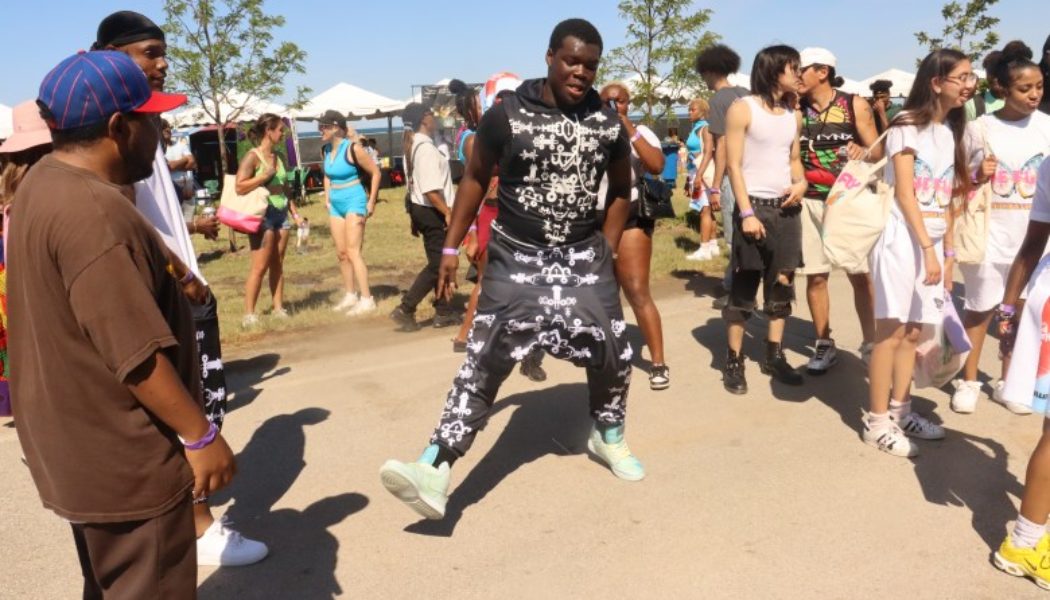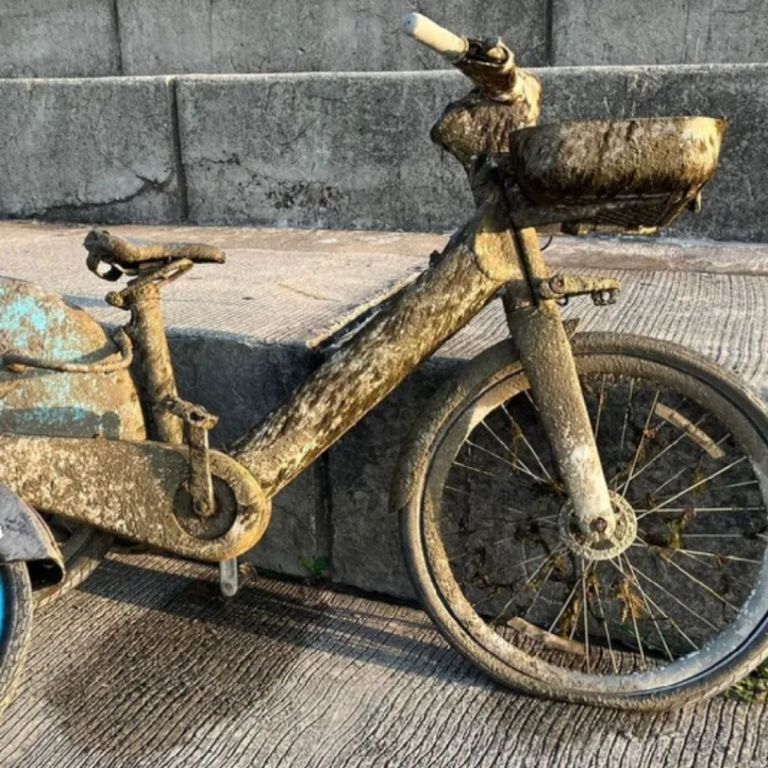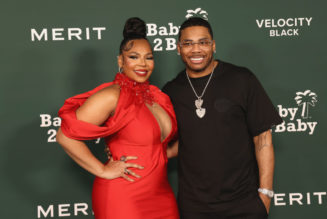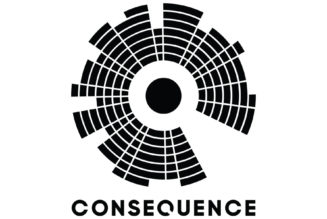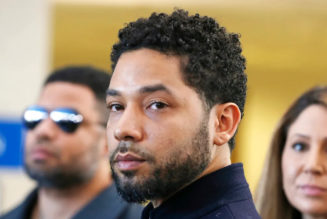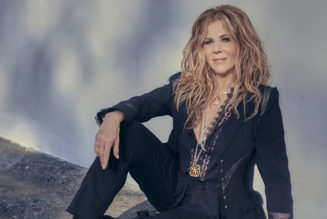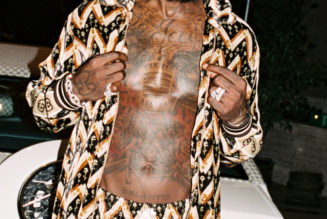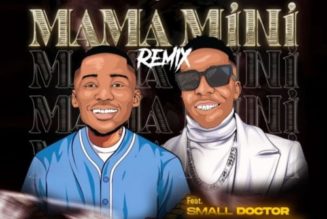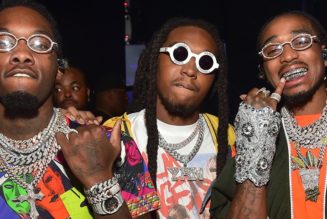HYDE PARK — Two South Side festivals which drew thousands of people in support of world-renowned musicians, Chicago artists on the come-up and local small businesses have shut down in consecutive years.
Hyde Park Summer Fest called it quits this year after a nine-year run, as first reported by the Hyde Park Herald in May. The Silver Room Block Party, which for its last years was at Oakwood Beach, came to a close last year.
Local artists, and Black performers in particular, are disheartened two events that attracted big audiences and musical legends are discontinuing, said Akeem Wright, who performed as DJ Ringo at the final editions of each event.
“Seeing these two major events that got to showcase Chicago talent on top of international talent be ceased, it’s kind of like — man, what else do we have?” Wright said.
Each festival grew from small neighborhood parties into some of the most popular festivals in in the city while maintaining their community focus.
Now, some question whether that can continue to be the case.
“If you’re not gonna get corporate-involved, you’re gonna have a hard way to go as it grows,” said DJ Duane Powell, who performed at both festivals over the years. “I don’t want to be discouraging, but as things grow and you get to the point where you’re [attracting] thousands of people, it’s definitely like, what do you do from there?”
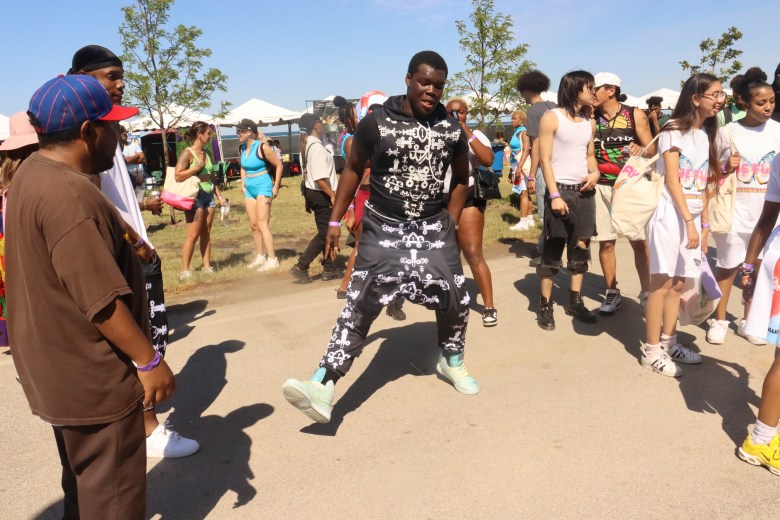
A Place ‘To Finally Be Seen’
Hyde Park Summer Fest was founded in 2014 as Hyde Park Brew Fest — a promotion for Jonathan Swain’s former business, Kimbark Beverage Shoppe, according to the Herald. The festival rebranded as Hyde Park Summer Fest in 2020, though it went on a pandemic hiatus that year and the next.
In its final years, the festival was popular enough to attract the likes of Busta Rhymes, Lil Kim, 2 Chainz and even a rare Clipse reunion. But its organizers never lost sight of its importance as a platform for local and underground artists, performers said.
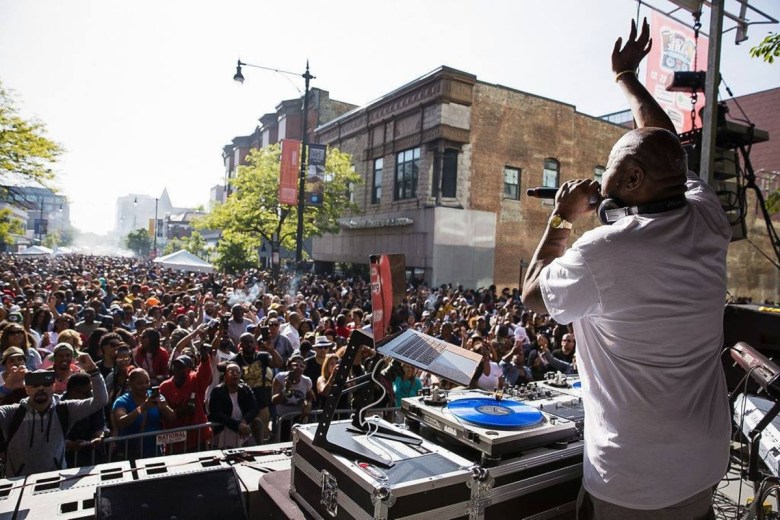
There was last year’s Hip Hop 50 celebration, which celebrated Twista, Shawnna, Crucial Conflict and other Chicago artists in honor of hip-hop’s 50th anniversary. Lupe Fiasco headlined in 2022, celebrating 15 years of his platinum-selling album, “The Cool.”
The list of Chicago DJs who graced Summer Fest stages last year is extensive. Powell, named the city’s best house music DJ by the Reader in 2019, appeared, while three-time Grammy nominee and Chosen Few DJ Terry Hunter performed on the main stage.
A third stage, strictly for DJs, featured locals including Dee Jay Alicia, BG, RTC, Ringo and Ca$h Era. Local artists without Grammy nods, platinum records or critical acclaim had plenty to gain from a Summer Fest placement, said DJ Ca$h Era, whose given name is Casera Heining.
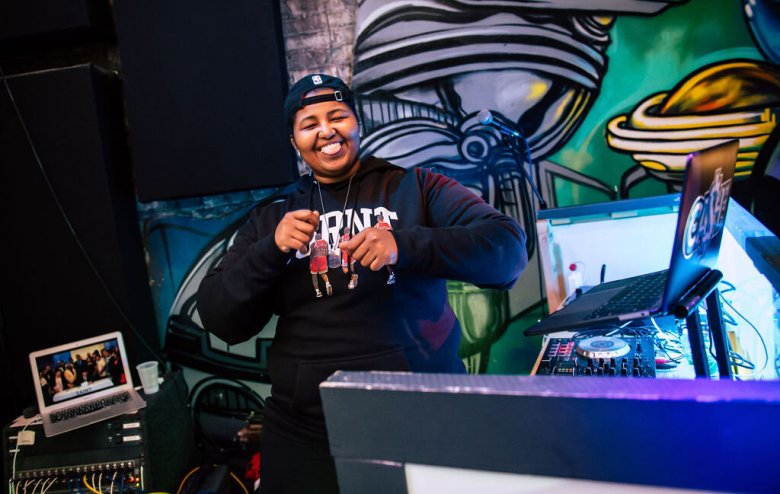
Summer Fest organizers recognized they could offer visibility to “smaller” local artists and committed to doing so, Heining said. As a Black queer woman, the festival also provided a “crucial” platform — not only for her, but for audience members who would see the diversity in their community reflected on stage, she said.
“The larger festivals like [Lollapalooza] and Pitchfork, they don’t always see our value. You don’t have X amount of followers, they’re not looking your way,” Heining said. “It was refreshing to have festivals like Silver Room Block Party and Hyde Park Summer Fest where, if you were just a mover and shaker in the city, they didn’t care about the follower count — ‘the city’s been buzzing your name, so we’re gonna book you.’
“The city sees us outside working every single weekend. To be recognized [where Summer Fest wants] you on this bigger stage to play for 35 or 45 minutes — it feels good to finally be seen.”
Swain, Creative Director Dave Jeff and Wallace Goode — executive director of the Hyde Park Chamber of Commerce and co-organizer of last year’s festival, according to the Herald — did not respond to requests for comment.
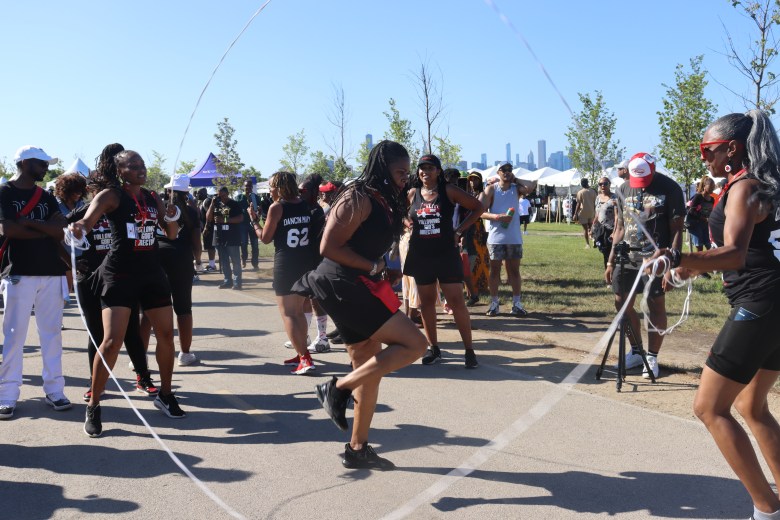
Can Community Fests Grow Sustainably?
Hyde Park Summer Fest and the Silver Room Block Party saw similar trajectories over their lifetimes.
Summer Fest began as a free block party on 53rd Street before moving to the Midway Plaisance in 2022. The venue shift and ticket sales were needed as the event grew from a street festival into a “major music festival,” Jeff said at the time.
The Silver Room party’s origins are even more humble, as “an orange cord that came out of [founder Eric Williams’] apartment” provided the first event’s electricity, Powell said. It became a ticketed festival in 2022, as “there’s no way I can afford to cover a party for 20,000 people,” Williams said at the time.
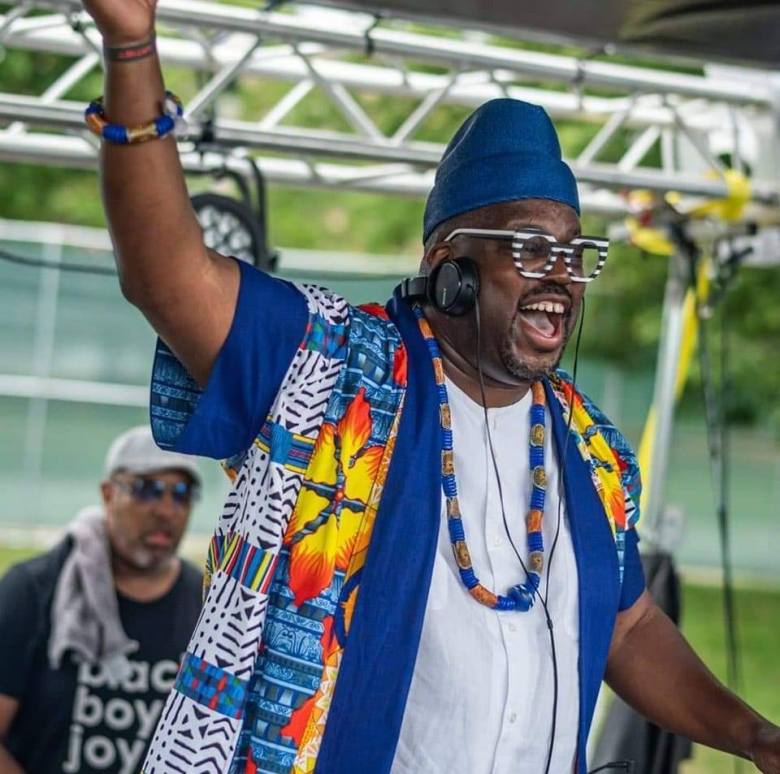
Though the festivals needed more money to put on bigger shows, it isn’t easy to convince people to start paying for events that had been free, artists and organizers said. Summer Fest also donated some proceeds to high schools and nonprofits.
Signs of resistance to paying arose before the events were ticketed.
The 2019 Silver Room party took place during a heatwave. Williams started a fundraiser in part to cover surprise costs brought on by extreme heat, while Powell asked attendees to bring cases of water to keep performers hydrated, Powell said.
“It was just like pulling teeth,” Powell said. “For that block party, 40,000 people showed up. But to the GoFundMe, it was only [112] people who donated.”
Williams considered shutting down the Silver Room Block Party long before its swansong last year. “Figuring out how to pay for it was always the issue,” he said.
“We started with a community-minded idea of, ‘Let’s do this by donations.’ That model didn’t work, if I’m being quite honest,” Williams said. “If people start coming and they’re not donating anything, you’re not able to make it work. The ticket was basically a mandated donation.”
Ultimately, not even ticket sales could save the events. The block party remained too expensive to produce, especially once moving to Oakwood Beach and throwing Park District fees and additional security into the mix, Williams said.
Goode also blamed rising costs — driven by the need for more security after mass shootings from Las Vegas to Highland Park, he told the Herald — for Summer Fest’s demise.
Powell, who spins his popular Sunday Service sets in South Shore, and Wright, who hosted his annual Chi Party Weekend in June, said they face similar issues as their events grow.
The rising costs of booking and accommodating talent while ensuring public safety are “kicking our butt, man,” Wright said.
After hosting five events for Chi Party Weekend this year, Wright may scale it back to three events for next year “just to cut costs,” he said.
“It has taken a toll on me and my organization,” Wright said. “You almost have to decline.”
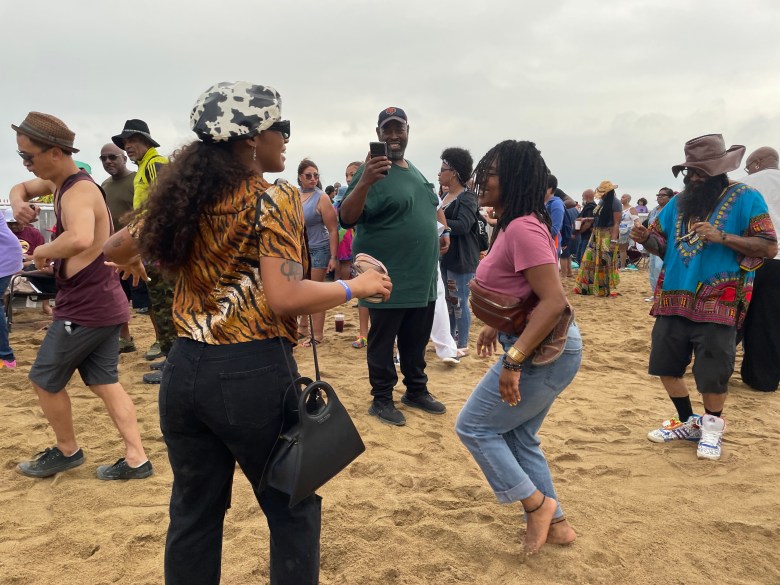
‘It’s Tough To Have That Visibility Taken Away’
Partygoers and performers at the final Silver Room event mourned the loss of a Black cultural institution which gave a huge platform to Black Chicago artists and businesses.
“They have a zillion fests on the North Side, in the West Loop, and none of us barely get booked for any of those,” Powell said. “The Silver Room Block Party, that was built around community. The whole idea, the whole drive was to showcase community — from the talent on the stage to the vendors to the art.”
The block party and Summer Fest were powerful platforms for the creativity found in their own backyards, Ald. Desmon Yancy (5th) said. He’s “an artist himself, through photography and music,” he said.
“There’s a huge artists’ community [along the south lakefront] — whether musicians, traditional media or multimedia — and a lack of spaces for them to be able to showcase that,” Yancy said.
Venues such as Renaissance or the Promontory book artists from the communities in which they reside, Heining said. But the crowd sizes on those dance floors don’t compare to festivals that brought tens of thousands together for one event.
“It’s tough to have that visibility taken away,” Heining said. “People that attend those types of festivals may not be willing to go to the club, go out to brunch [where DJs are spinning], etc. You lose that sense of visibility, and you lose that sense of community amongst other creators in the city.
“As far as a major reach like the festivals had, I don’t know of anything that exists that makes that possible anymore.”
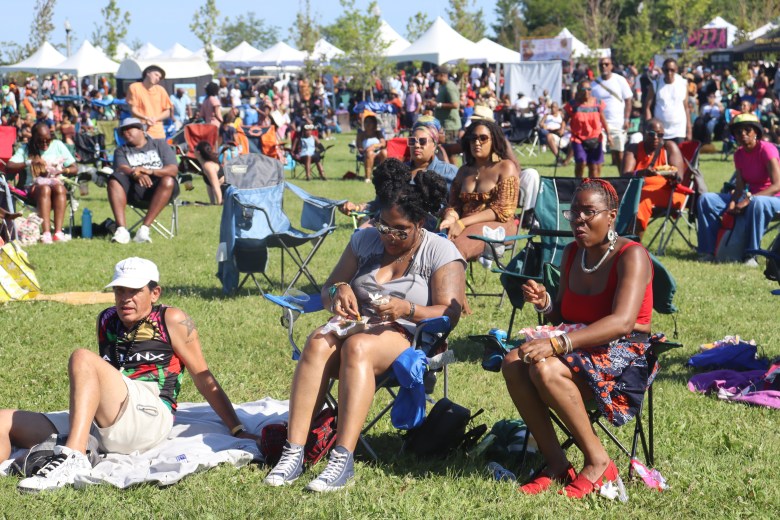
That isn’t to say the South Side lacks summer arts and cultural festivals.
Bantu Fest, South Shore Summer Fest, the Harper Court Summer Music Series — curated by Williams — and numerous others are on deck in the weeks to come.
Hyde Park Summer Fest’s exit this year is “a loss for the community,” Yancy said. “But I think there is an opportunity to figure out what comes next to replace it.”
For an event to grow into a major music festival on the scale of Summer Fest or Silver Room in their final years, organizers must ensure their audiences, sponsors and artists approach it with similar mindsets, Williams said.
A community festival needs attendees who value the art on display and will pay accordingly, sponsors who are willing to be hands-off about curation and performers who are willing to “take a bit less on the fee” to keep ticket prices down, he said.
“If everyone understands the mission, it can work,” he said. “But everyone has to be on the same page.”
Until that happens, music lovers and artists across the city will feel the void left by “two events that people really, really looked forward to,” Powell said.
They were “a part of the charm of what we culturally would be calling ‘Summertime Chi,’” Powell said. “That was a part of our Black tourism, for sure. It’s definitely leaving a gaping hole.”
Listen to the Block Club Chicago podcast:
